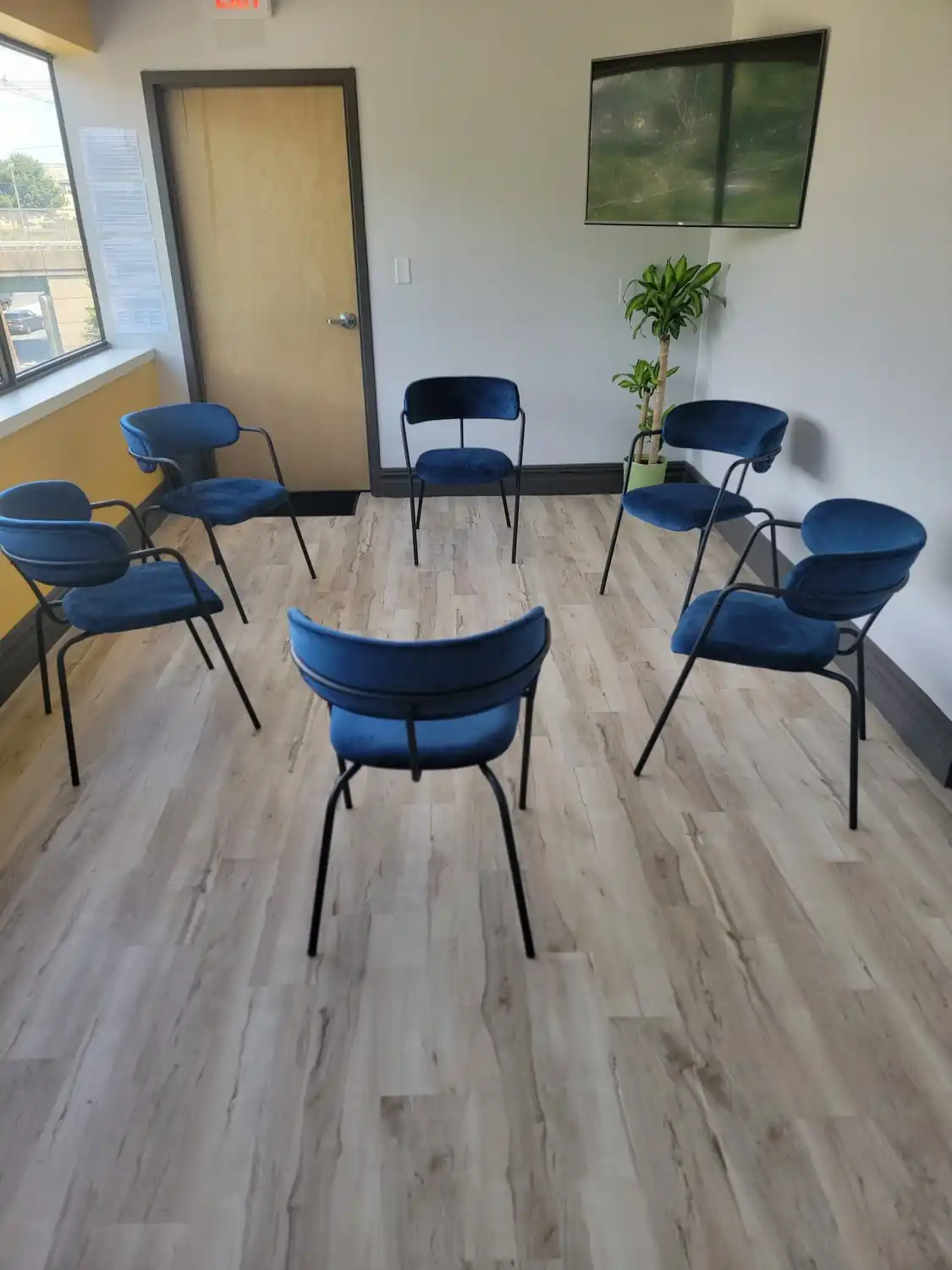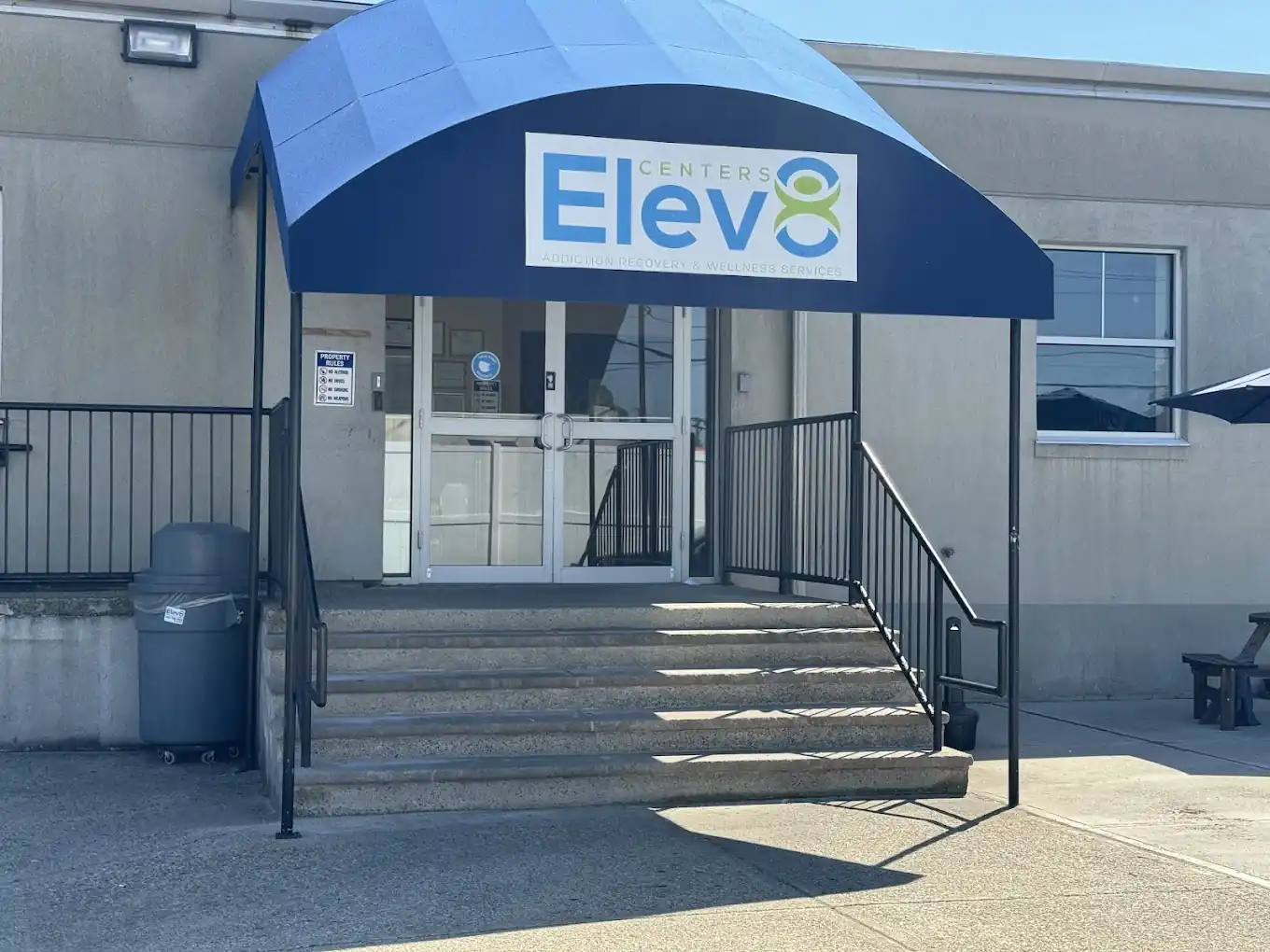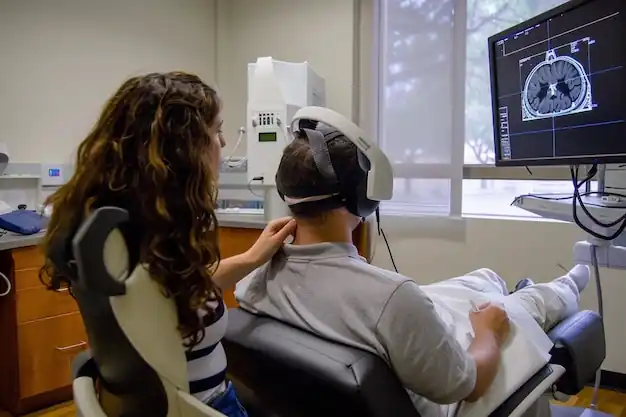Addiction Treatment & Recovery Centers in New Jersey
New Jersey offers one of the most comprehensive behavioral health networks on the East Coast, making it a strong destination for individuals seeking addiction treatment. From busy urban areas like Newark and Jersey City to quieter shore communities, residents can access a full range of evidence-based programs designed to support long-term recovery. New Jersey focuses on modern treatment approaches, integrated mental health services, and personalized care plans that help individuals build a healthier, more stable life.












